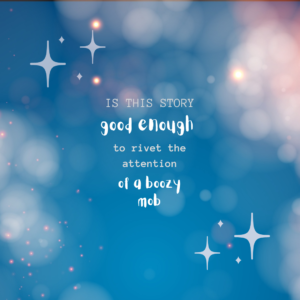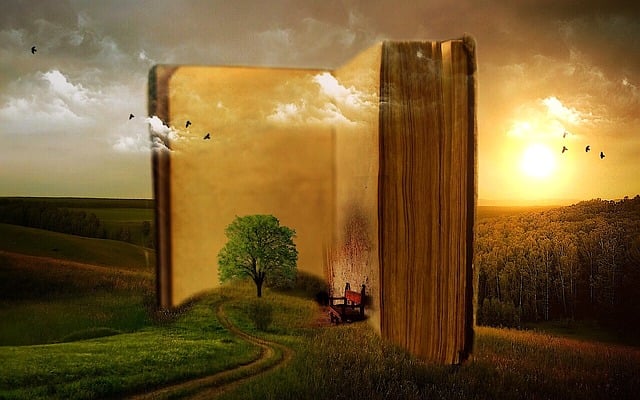
A friend (who writes picture books) and I were having an interesting conversation the other day about upcoming trips to England, which led to talking about Shakespeare.
I’m an English major, but I never appreciated Shakespeare.
 I know he’s the greatest playwright of all time, and he invented many words that are in our current lexicon.
I know he’s the greatest playwright of all time, and he invented many words that are in our current lexicon.
But still.
All the “thee” and “thou” and sentences that are so scrambled you (I) can’t tell what the subject is and what the predicate is.
And by the time I’ve figured that out, I don’t know what the point is.
If I were a literary agent during Shakespeare’s writing years, I’d be sending out form rejection letters to him.
“Good luck with your writing project, Bill. It’s just not for me.”
When my friend was in college, she lived in England for a year and would visit the Globe Theater (Shakespeare’s theater) to see plays.
The expensive seats were high up and encircled the stage.
The cheap “seats” were in a pit in front of the stage, except they weren’t seats.
Those people in the pit had to stand.
Booze was served with abandon when my friend was there just as it was during Shakespeare’s time.

She said that everyone in the pit got drunk, as did the people in the expensive seats.
Again, the same thing would have happened during Shakespeare’s time.
So imagine if you’re an actor on the stage how much you’d have to emote, how dramatic you’d have to act in order to keep the audience’s attention.
If you’re the playwright, your play better be big and audacious and “hooky.”
If you’re on stage in front of a mob in various stages of inebriation with weapons like rotten apples and tomatoes, you would want to do everything in your power to keep them entertained.
Otherwise, things could get ugly.
Which brings me to our light-bulb moment: The things we write have to cut through all the noise, and the beer and rotten apples.
Probably the literary agents we submit to aren’t drunk (though they may wish they were) when they’re going through 10, 25, 100, 150 query letters.
Even so, those query letters and sample pages have to cut through and not just capture the agent’s attention but rivet their attention.
I imagine these agents plowing through their submissions saying, “Down with this one!” “Off the stage with that one!”
“Let me get my apples to pelt this author who had the nerve to think their manuscript was query-ready!””
Agents will do (something like) this until they come upon one submission that makes them put down their beer and their apples.
So my new thought when querying will be: Is this story and query letter good enough to rivet the attention of a bored and boozy mob or an overworked literary agent?
Because not only does my story have to make the agent put down her apples, it also has to disarm the reader.
Eight- to 12-year-olds have so much going on in their life that competes with reading.
They’re not interested in pretty writing.
They want a good Story.
If the book and its characters aren’t spellbinding, enthralling, and mesmerizing enough to hold their attention, well, then, I’ve lost them.
No matter what your creative endeavor is, your most important task is to capture the audience’s attention and get them to put down their apples.
Until next time,
~ Gail
Countdown: 23 weeks left of 2024
Before you go, don’t forget to sign up for my mailing list, below:






I definitely would have been a Shakespeare heckler back in the day. Lol. Writing a good query letter is harder than writing a book (for me). And some alcohol is necessary.
Ha! Yes, a Shakespeare heckler. The audacity of us. 🙂 And query letters are the bane of my existence. Probably, we’re not alone. Cheers!